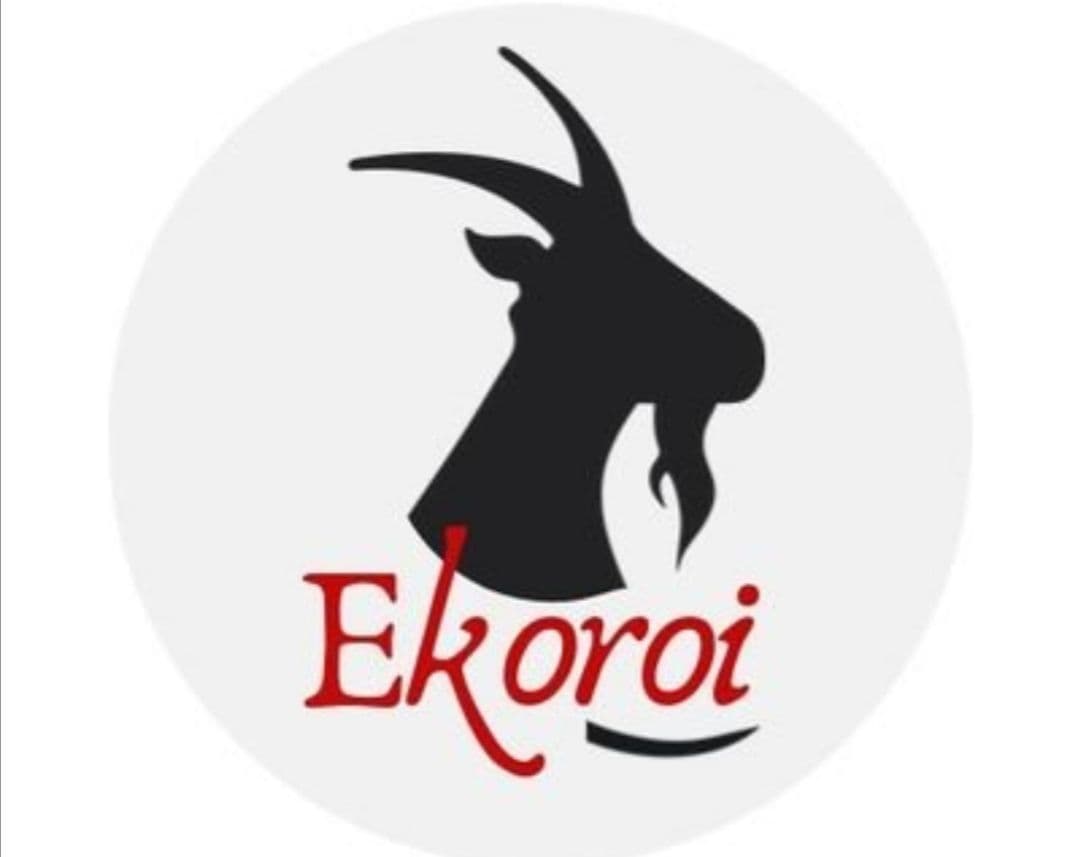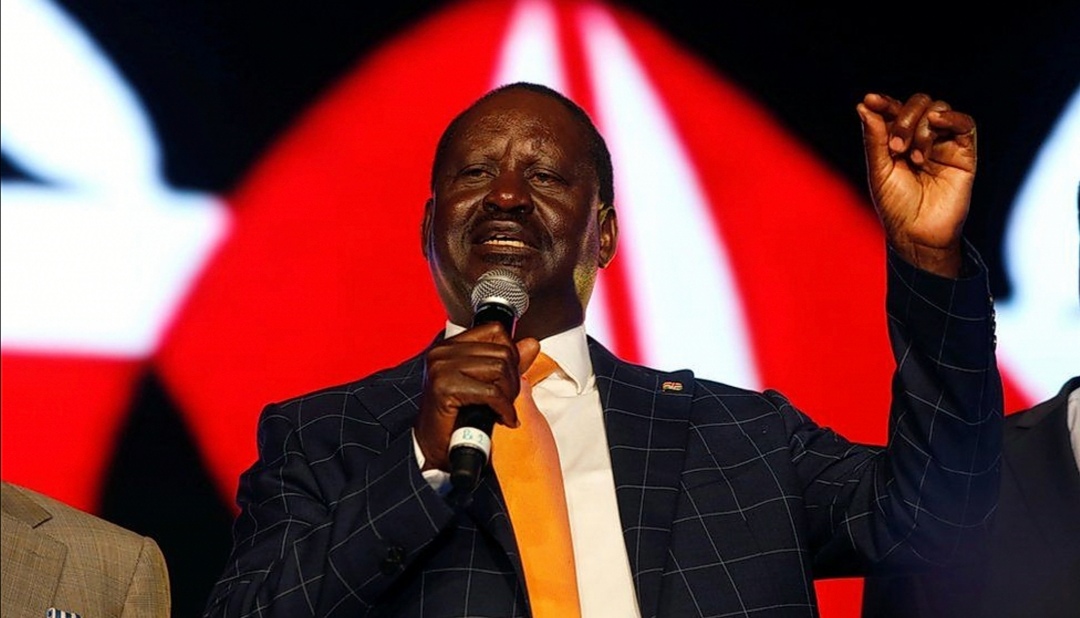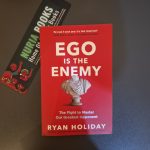Friends and political foes have challenged me to explain my position that we can have MADE IN KENYA products if we focused on transforming rural areas and developing SKILLS.
I have accepted that challenge, and I will highlight SKILLS and products that, with just a little support, would lead to purely home grown MADE IN KENYA products right from rural Kenya. Today, I will pick just what one county has that that we could develop. The county of KWALE.
Generations of the Digo and Duruma and all the other communities in Msambweni, Matuga and Lunga Lunga constituencies in Kwale have grown with coconut. Using pure home grown SKILLS, these communities have produced COCONUT OIL AND COCONUT MILK. Just enough for home consumption.
With just a little input on sharpening the traditional SKILLS, we would have a locally owned coconut based factory producing oil and TUI (coconut milk) bearing the label MADE IN KENYA or PRODUCE OF KWALE fairly cheaply.
Today, the coconut milk in our supermarkets is from THAILAND. Because locals have nowhere to take it, more than 80 per cent of Kwale’s coconuts are bought by Tanzanians who pay between Sh6-10.
The people of Kwale and entire Coast lost an opportunity to make industries out of coconut because we failed to support local SKILLS and RURAL INDUSTRIES.
Coconut husks produce fine ropes. Coconut tree leaf produces fine brooms. But there is no broom or ropes bearing MADE IN KENYA labels. And Coconut is just one product. Kwale is known for cashews, Bixa, Mango, Orange, Tuna, sandstone tiles, sand stone ballast, coral stone ballast, before we mention minerals.
Locals have always known how to make use of these products at domestic level. But because we never invested in and developed those SKILLS, no industries emerged and no MADE IN KENYA products grew. The only thing that grew is poverty.
Various studies indicate the number of people living below poverty level in Kwale range between 54 per cent and 70 percent. We could drastically turn this around by developing the home -grown SKILLS that have enabled these people exploit these products and create factories producing MADE IN KENYA products.
The story of Kwale is the story of every part of Kenya. Every part of this country has a product that with just a little investment in local SKILLS and rural infrastructure, could be turned into an industry employing locals and producing MADE IN KENYA PRODUCTS. Going forward, investment in SKILLS AND RURAL TRANSFORMTION FOR LOCAL INDUSTRIALIZATION is a must.
Re. Hon.Raila Odinga, EGH
July 21, 2021




